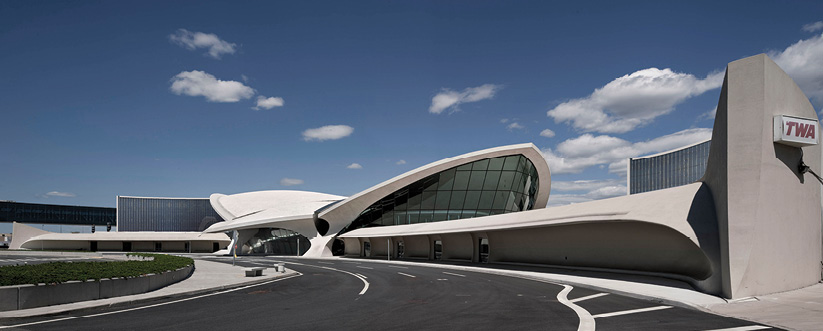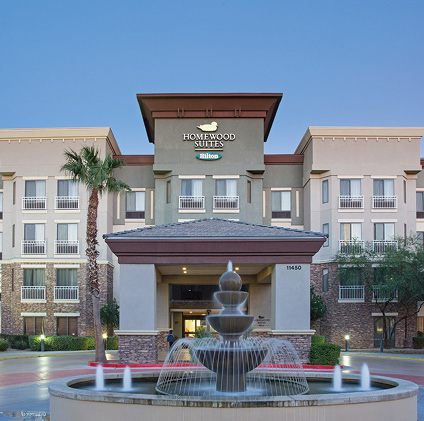- Home
- Media Kit
- Current Issue
- Past Issues
- Ad Specs-Submission
- Ad Print Settings
- Reprints (PDF)
- Photo Specifications (PDF)
- Contact Us

![]()
ONLINE

Opportunistic Investors
Editors’ Note
Prior to founding MCR in 2006, Tyler Morse served as the President of Bliss. Previously he was the Assistant to the Chairman and CEO of Starwood Hotels & Resorts, Barry Sternlicht, and was involved with Starwood’s overall corporate investment and development initiatives. Morse has worked as an investment banker at Morgan Stanley in its Financial Sponsors and Mergers and Acquisitions Group. He started his career at Ernst & Young LLP, where he earned a CPA. Morse was also a ski instructor at Squaw Valley USA and at Termás de Chillán in Chile, and was on Ski Patrol at Mammoth Mountain. Morse received an M.B.A. from Harvard Business School and a B.S. in Business Administration from the University of California, Berkeley.
Company Brief
MCR Development LLC (mcrdevelopment.com) is the seventh largest hotel owner-operator in the country and owns a portfolio of 82 premium-branded hotel properties with 9,700 keys in 21 states. MCR’s hotels are operated under 10 brands and the firm is headquartered in New York City and Dallas.

A rendering of the Eero Saarinen-designed TWA terminal
that MCR is redeveloping into a hotel
Will you highlight the history of MCR Development and how it has evolved?
I founded MCR just over 10 years ago. We built a single hotel in Huntsville, Alabama and today, we own and operate 82 hotels in 21 states. We have 50 Marriott hotels, 30 Hilton hotels, and a handful of independent properties, such as The High Line Hotel in Chelsea.
We have developed 15 hotels from the ground up and we’re very proud of where we have come in just 10 years. We’re now the seventh largest hotel owner/operator in the U.S.
We’re also currently under construction on the TWA hotel at JFK airport.
What is your vision for the TWA project at JFK?
The Eero Saarinen-designed TWA terminal is one of the most important buildings in America. We’re restoring it to how it was in 1962, which was a wonderful time period in the United States. The jet era was coming of age in New York City at the time. TWA was owned by Howard Hughes, and the building had been put up by him, and TWA was the carrier du jour at the time. John F. Kennedy was President, John Glenn had just circled the earth for the first time, we had stared down the Russians in the Cuban Missile Crisis; it was the Levittown postwar days but before Vietnam and before the drug age of the late 1960s. We are infusing the hotel with the ethos of that era, from the uniforms to the room design to the 50,000 square feet of meeting space we have to the eight restaurants and six bars. We also have a 200,000-square-foot lobby for that hotel, which is the largest hotel lobby in the world. There are a lot of exciting things we can do with that.

Homewood Suites by Hilton in Phoenix-Avondale
Are there consistencies within the type of property that fits for MCR?
At our core, we are opportunistic investors, but the consistent themes are around select service hotels, Hilton and Marriott products, and very unique independent boutique hotels.
The select service hotels are franchised products, more straight down the pike with great margins and great brands. The independent hotels, which we take on one or two at a time, are pretty complicated both in terms of structuring and positioning, but they are unique and we have seen the ability to continue to drive RevPAR because of that.
Where do you see the hotel business today?
Market by market, it’s about supply and demand. At a macro level in the U.S., new supply has been quite muted over the past five to six years, which has been great for the industry. However, New York City is currently oversupplied, as is Miami, and San Francisco is just starting to get there.
It seems that investment capital has been flooding into gateway cities and not nearly as much into secondary and tertiary cities. Those cities have very good supply/demand characteristics, and some of the gateway markets, which are the most volatile as well, have quite unsteady supply/demand characteristics.
Is there still a role for the independent property?
Independents compete quite well in major metros that have built-in demand.
We own a handful of hotels in White Marsh, Maryland. I would not want to be an independent hotel there – I love being part of the Hilton and Marriott families. In New York City, it’s fine to be an independent. The advent of the Internet has changed brand value in the major metros.
Will you touch on how you can offer high quality service in a select service product?
It has to do with consumer expectations. Our select service hotels are usually near a full service hotel. If a customer wants the product that comes with a full service hotel, there is always that option available, but many customers aren’t looking for room service and a full-service restaurant.
In select service, we charge around $125 per night and for that, guests get free parking, free Wi-Fi, free breakfast, and free dinner at some properties. It’s a short walk from the parking lot to the hotel room, and everything is free within the building.
How large can MCR get and how much opportunity is there to add new properties?
There is a lot of opportunity out there and we have the ability and plans to scale up opportunistically.
The trick is that the hotel business is a few businesses in one: it’s a branding business, it’s a finance business, it’s a development business, and it’s an operating business. Because of its inherent complexity, it is hard to execute in the hotel industry.
People are attracted to the hotel industry because it can be a fun, sexy business, but it’s not that easy. When people who aren’t professional lodging industry people get into the business, it may or may not work out for them and this creates opportunity for institutional players in the market such as MCR.•